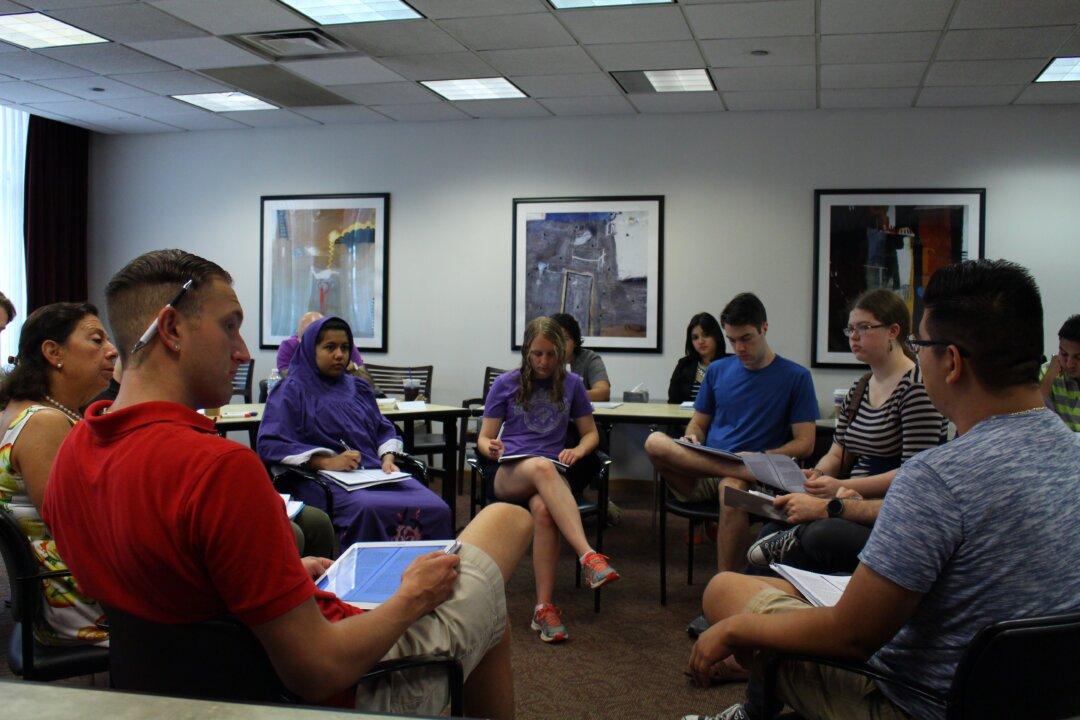It’s summertime, and once again young men and women, most of them high school or college students, gathered in Chicago for a week of Great Connections seminars and activities focusing on some of life’s most basic questions, such as “How do I know what I know?” or “How do I build a life of meaning and creative achievement?”
When they return to their homes, many of them carry with them an array of unexpected gifts.






